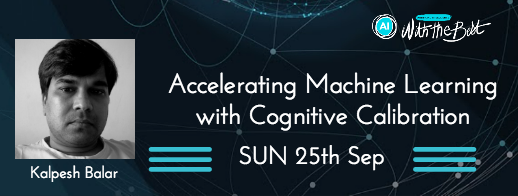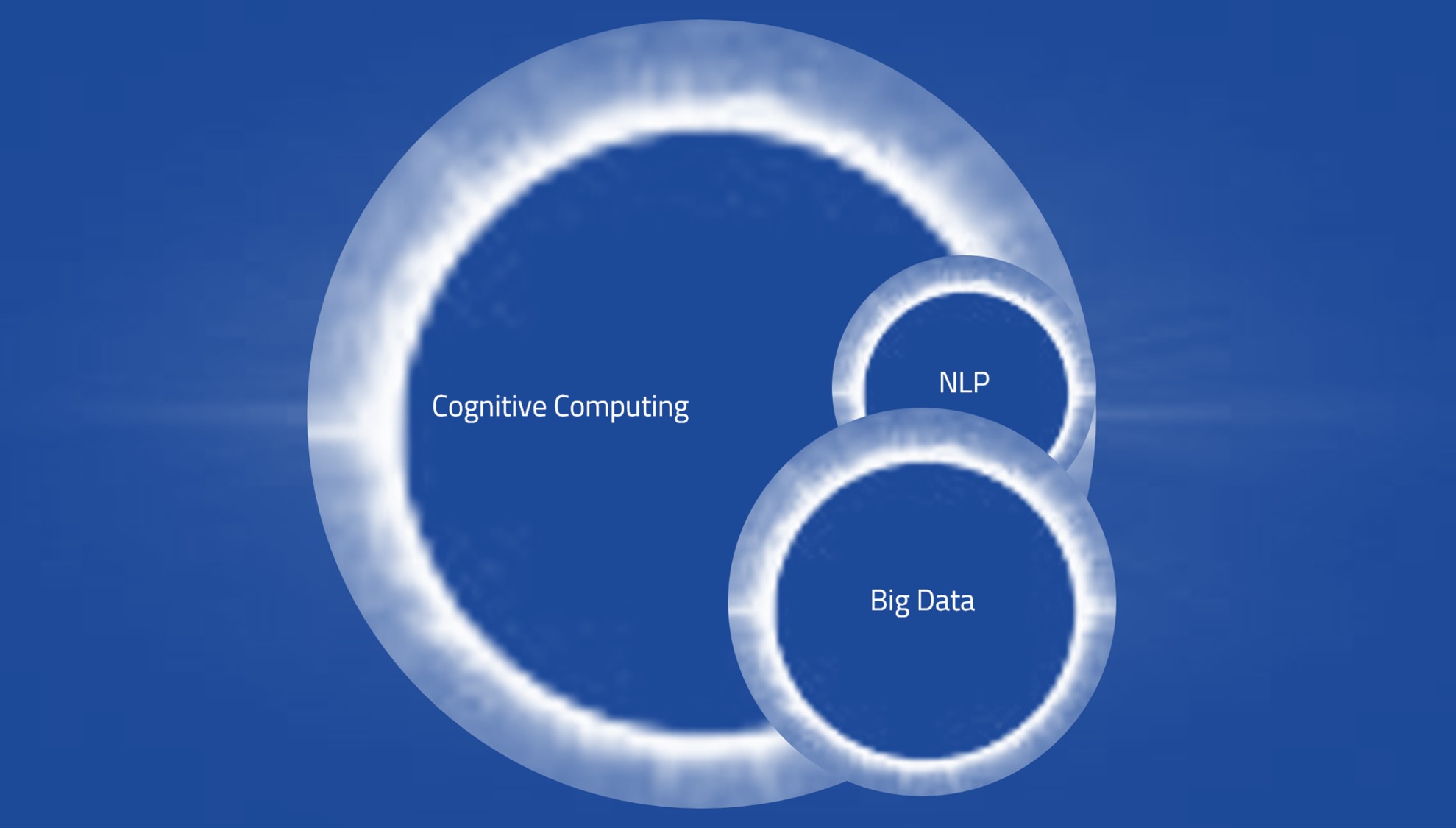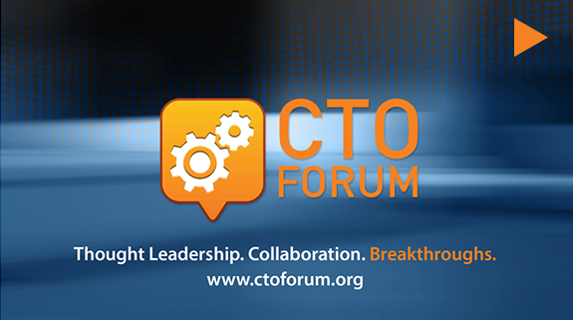
Consider the following questions:
- What is working or not working about a product?
- What vendors make the most sense?
- What promotions are going to be super-successful?
- What are emerging trends, opportunities or threats in the marketplace?
As we all know, ability to find answers to such questions separates a good business from bad. Most executives spend most of their time thinking about these questions. Most executives will also confess in private that they seldom feel 100% confident about their answers. They use a cocktail of analytics, sampling and guess-work to get better at finding these answers; but accurate insights are far rarer than they would like.
We are here to assert that these answers are contained within every enterprise's data repositories, or written on the wall in the public domain. These are known things that we don't know about, because before now we have never had a view wide enough and deep enough to see the answers.
In the Information Age each enterprise has tons on qualitative data that contain answers to its most pressing challenges.
This is the Information Age. Today everything quantifiable is being quantified and captured. With the birth of social media it is not only acceptable but also expected that people will share their opinions and experiences publicly. Articulating ideas is super easy - think of millions of blogs like this one. Keeping with times, companies have begun collecting thousands of reviews for each of their products. The world has also become more connected by orders of magnitude. It used to be that a local business dealt with another local business for its needs because kids of the owners went to the same school. Today every corporation and small business has millions of procurement options through ecommerce sites or web in general. Each options has its own set of product descriptions, its own reviews, etc.
In other words there is information available about almost everything we can care about. Put together the information is in most cases sufficient to make the right decisions. Yet, businesses today are succumbing to this information overload.
For the first time, cognitive technology lets executives process all this information and gain meaningful insights.
The key bottleneck is the time of an executive. Let's say a Product Manager needs to research 10 competing products with 1,000 reviews each. Amazon's reviews are 582 characters long on average (or 129 words). An average high level exec reads 575 words a minute. It will take the exec more than 37 hours (4+ days) to go through everything. In reality they will go through 4-5 reviews for some of the products and guess the rest. They may also use some basic tools like Word Cloud. Still, unless they are able to read through the entire corpus, they will never get the complete answer.
Each enterprise has multiple such scenarios - Procurement Officers now have thousands of options to choose from; Customer Experience Managers have thousands of survey responses, years' worth of Contact Centre transcripts, and millions of social media interactions telling them everything they want to know; VPs of Strategy have the whole internet to tell the all they need about any topic, etc. Yet, CIOs reveal that 95% of textual data is never looked at twice. Google's CTR drops to 10% of the first link by the second page; to 5% by third. Nobody has the time.
With Cognitive Technology this power of Unknown Knowns can be readily harnessed. The technology can be thought of as an intern going through all this text and making rules based decisions that it has been trained with. Unlike a human intern, technology does not get bored, has incredible attention to detail and can scale up to speed of thought.
Finally we may have a scope wide enough to read the writing on the wall.






















